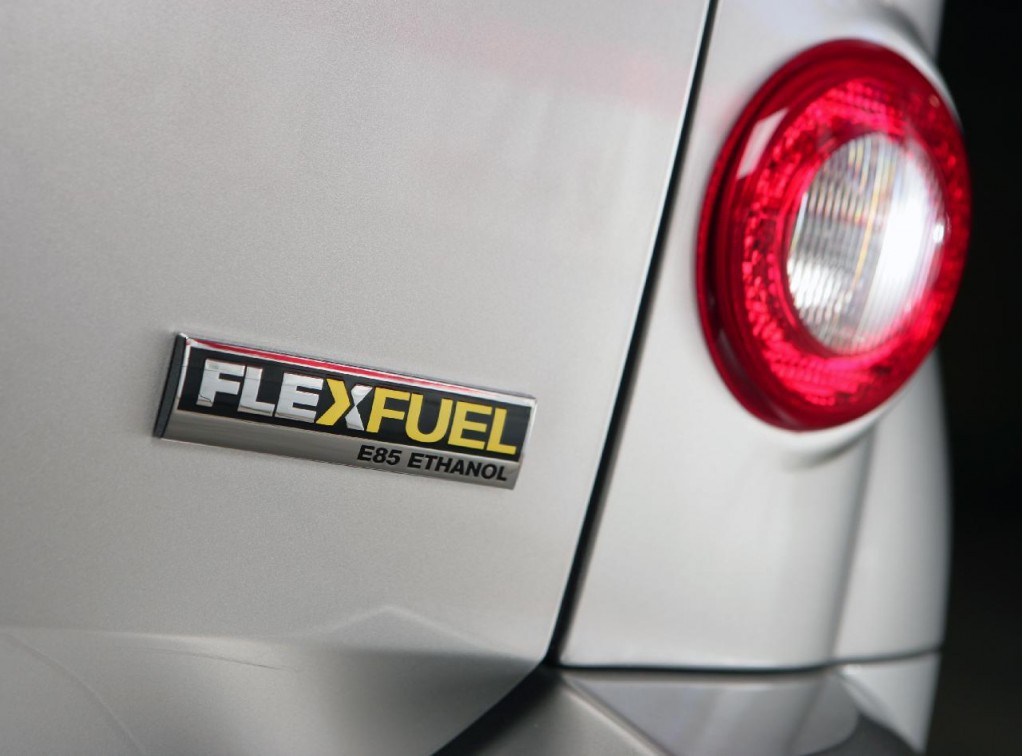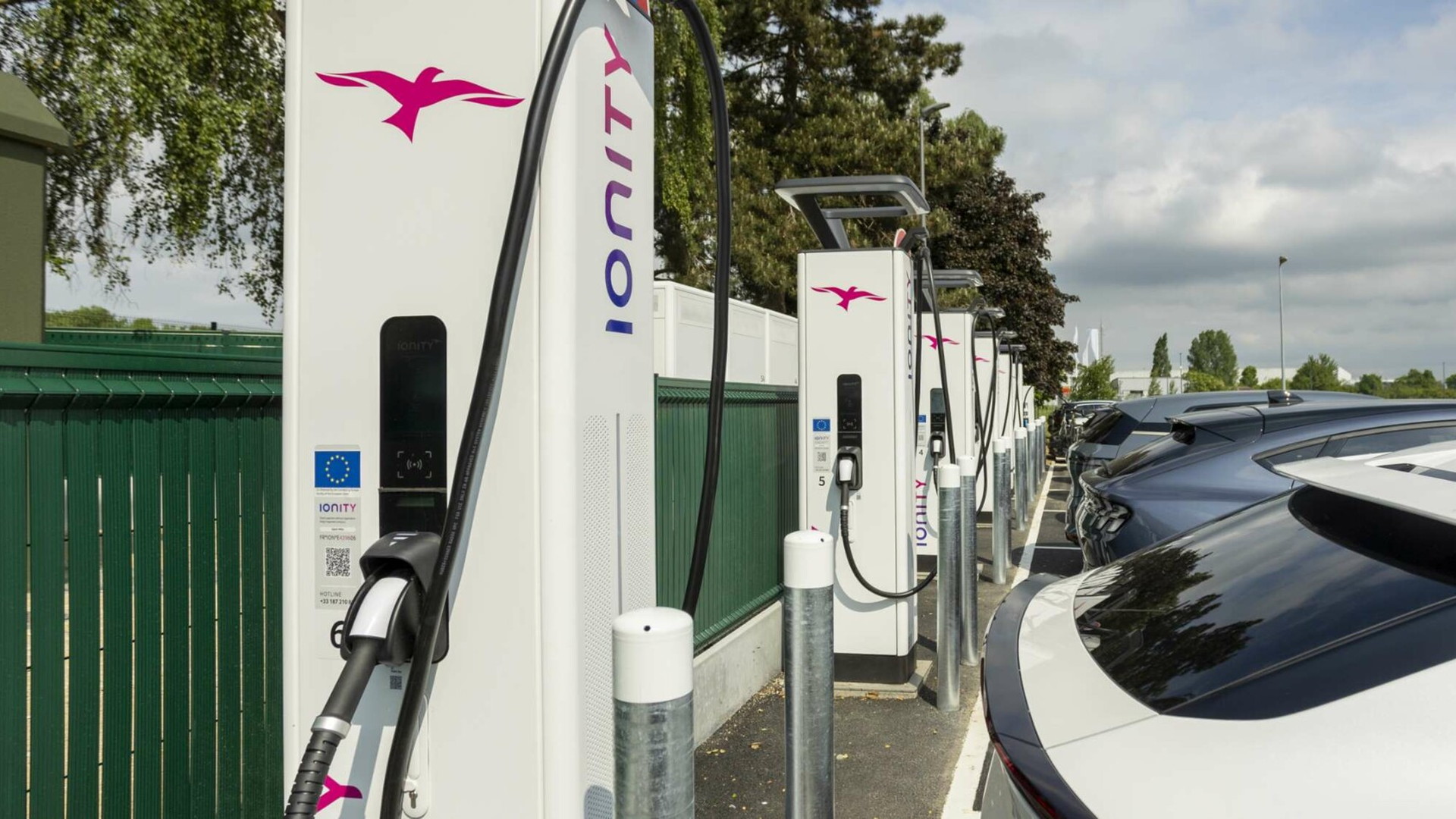Turn the clock back to 2007--when Congress passed the U.S. Energy Independence and Security Act--and biofuels like ethanol were apparently poised to solve the country's energy problems.
A lack of public interest, an inability to develop cellulosic sources, and the rise of viable plug-in electric cars have considerably dampened enthusiasm for ethanol since then.
RELATED: Flex-Fuel Vehicles And E85: Why Ethanol Isn't Making Its Numbers
So producers of biofuels are now turning to a new market: plastics.
According to a recent report by The New York Times, biofuel companies that originally planned to produce vehicle fuel may switch to making plastic bottles and other products instead.

FlexFuel badge on E85-capable 2009 Chevrolet HHR
The Energy Independence and Security Act includes a Renewable Fuels Standard that mandates a certain amount of ethanol be introduced into the national fuel supply.
Producers are still awaiting a final decision from the Environmental Protection Agency on whether to cut that amount by more than 40 percent.
Beyond the volumes mandated by Federal and state standards, the market for ethanol is fairly limited. Only about 2,400 U.S. fueling stations sell E85--a blend of 85 percent ethanol and 15 percent gasoline that represents the most common use of the biofuel.

Fuel filler of Volkswagen Gol, Brazilian flex-fuel vehicle
Other companies are similarly hedging their bets. DuPont has reportedly made a deal with Procter & Gamble to provide ethanol for Tide Cold Water laundry detergent, while Solazyme--which uses microalgae to produce oil--will make ingredients for Lux soaps.
DON'T MISS: Driving Entirely On Ethanol: Brazil’s Volkswagen Gol Flex-Fuel Vehicle
Most of the plants that will produce these items were built with government grants and tax subsidies intended to promote low-carbon fuels, creating a bit of a problem for regulators.
While they still want to see ethanol used as a clean fuel, the companies that make it are still for-profit entities, and need to diversify in order to stay in business.
The ethanol produced may not be used for fuel, but it will at least help cut oil consumption in other areas, which would be a positive outcome in its own right.
_______________________________________________












